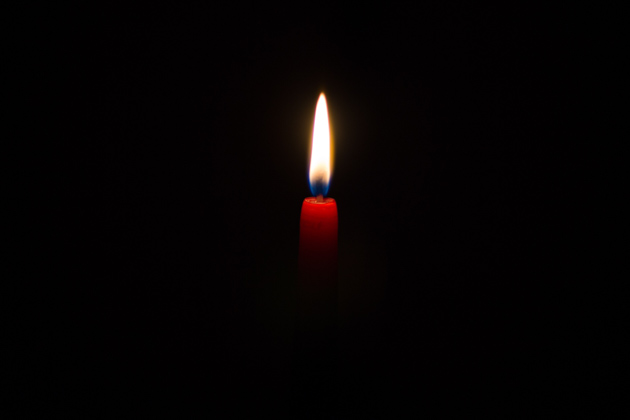“In America today, and all over the world, we witness the unfolding of division and hate. We witness the painful reality of racism,” says interim general secretary Don Poest.
A house divided cannot stand. These words have been on my mind since the breaking news from Charlottesville, Virginia. These are the same words quoted just a few months ago by our former general secretary Tom DeVries during General Synod. You might think of them as Abraham Lincoln’s words, but first they were words of Jesus in Matthew 25.
A house divided cannot stand.
In America today, and all over the world, we witness the unfolding of division and hate. We witness the painful reality of racism. In the Reformed Church in America, we profess through the words of the Belhar Confession that “unity must become visible so that the world may believe that separation, enmity and hatred between people and groups is sin which Christ has already conquered, and accordingly that anything which threatens this unity may have no place in the church and must be resisted (John 17:20-23).”
Racism is a sin. It has no power and no place in Christ’s church. And the current acts of white supremacists like the Ku Klux Klan, working to perpetuate fear and hate and division, must be resisted.
The Reformed Church in America is striving to be a thriving multicultural, multiethnic, and multiracial church. Back when apartheid ruled South Africa, we saw and condemned that division. We divested from organizations in South Africa that participated in apartheid. We cut ties with the Dutch Reformed Church there, which was condoning apartheid. We have since adopted the Belhar Confession, which arose out of apartheid, as one of our standards of unity. But in all these things, we had distance. It is easier to see evil in other communities than in our own. It is easier to see evil in others than in ourselves.
In 2009, General Synod declared that racism is sin because it is an offense to God. What is offensive to God should be offensive to his followers. The Reformed Church in America is striving to be a thriving multicultural, multiethnic, and multiracial church. Yet, I’ll admit and mourn that we are not there yet.
In these short few months that I have served as interim general secretary, I have become more aware of our legacy. With the passing of Tony Campbell several weeks ago, I mourn the loss of such a great leader because with his heart and his passion we have been making strides toward a more vibrant future. This weekend, his loss is particularly painful.
Yet, I have hope. I have hope that Jesus Christ has died and risen and promises to come again. I have hope that Christ has conquered death and therefore conquered sin. I have hope that this sin no longer enslaves us but that we are set free. And I have hope that we can set aside our fear and our racism and pursue reconciliation.
As we move into this coming week, let us do the hard work of examining our own hearts and minds. Where there is division, may we seek reconciliation. Where there is fear, may we seek to understand. Where there is hopelessness, may we claim hope in Jesus Christ. Where we have committed injustice, may we begin to make things right. Where there is hatred, may we ask the Holy Spirit to change our hearts.
It starts with me, with you, with us. Let’s seek reconciliation first. Let’s make unity visible so the world will know the hope of Jesus Christ. That is Jesus’ prayer in John 17:23: “that they may become completely one, so that the world may know that you have sent me and have loved them even as you have loved me.” Will you join me in praying and living these words today?
Don Poest
Interim general secretary





